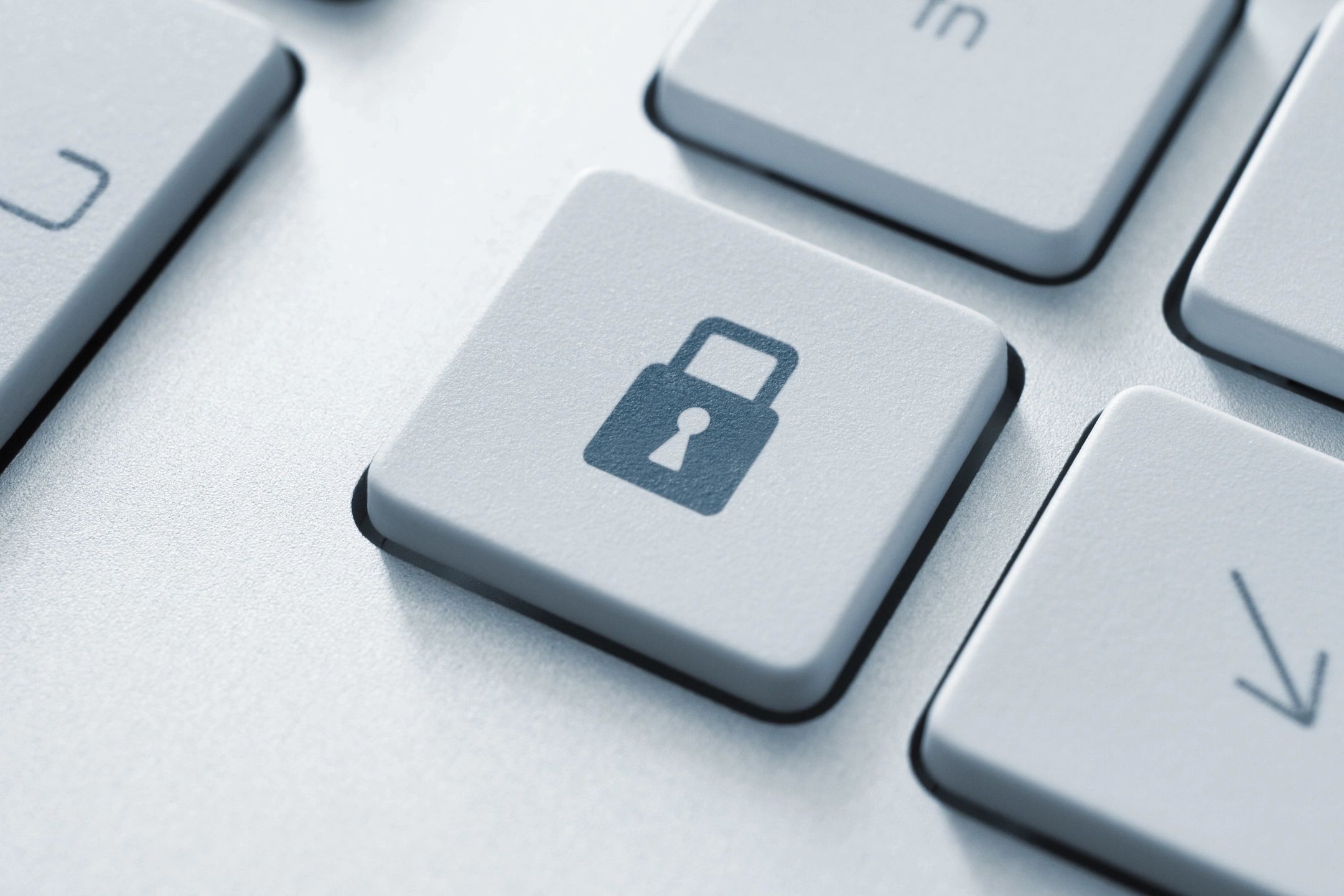
Church Cybersecurity – Advantages:
Churches are not immune to the threats posed by cybercriminals. While these sacred spaces primarily focus on spreading the message of faith, church cybersecurity, including safeguarding sensitive data and maintaining online security has become paramount. Implementing robust cybersecurity measures not only protects the church’s digital assets but also ensures the safety and trust of its congregation. In this article, we will explore the advantages of cybersecurity for churches and why investing in proactive online protection is an essential step for every religious institution.
Safeguarding Congregational Data:
Churches handle vast amounts of sensitive data, including personal information, financial records, and confidential communication. Cyberattacks can lead to devastating consequences such as identity theft, fraud, and damage to the reputation of both the church and its members. By implementing cybersecurity measures, churches can protect congregational data from unauthorized access, ensuring the privacy and security of their members’ information.
Protecting Financial Resources:
Churches rely on the generosity of their congregation to fund their activities and charitable initiatives. Cybercriminals often target churches as they perceive them as vulnerable to financial exploitation. By implementing cybersecurity protocols, churches can safeguard their financial resources, preventing unauthorized access to donation platforms, bank accounts, and other financial systems. This ensures that the funds intended for the betterment of the community remain secure and utilized for their intended purposes.
Preserving Online Reputation:
A church’s online presence is an important platform for engaging with the community, sharing religious teachings, and connecting with current and potential members. A cyberattack that compromises the website or social media accounts can not only disrupt communication but also tarnish the church’s reputation. By implementing cybersecurity measures, churches can prevent defacement, data breaches, and other attacks that could damage their online reputation. This helps to maintain trust and credibility among the congregation and the wider community.
Ensuring Continuity of Services With Church Cybersecurity:
Technology plays a crucial role in enabling churches to reach out to their members. Cyberattacks, such as ransomware or distributed denial-of-service (DDoS) attacks, can disrupt online services, hindering the church’s ability to deliver spiritual guidance and support. By investing in cybersecurity, churches can establish resilience and ensure uninterrupted access to virtual services, live streams, and online resources, even in the face of potential threats.
Empowering Pastoral Care:
Churches are places of solace and support, providing pastoral care to individuals facing various challenges. Cybersecurity enhances this aspect by securing platforms for counseling, prayer requests, and confidential communications. By protecting the integrity and confidentiality of these interactions, churches can foster an environment of trust and support, enabling individuals to seek guidance and share their concerns without fear of their information falling into the wrong hands.
Church Cybersecurity Conclusions:
While the focus of churches is primarily spiritual, it is vital to acknowledge the importance of cybersecurity in today’s digital landscape. By prioritizing online protection, churches can safeguard congregational data, protect financial resources, preserve their online reputation, ensure continuity of services, and empower pastoral care. Investing in robust cybersecurity measures not only benefits the church and its members but also upholds the sacred nature of these spaces in an era where digital threats are ever-evolving. Let us embrace the advantages of cybersecurity to protect the sanctity of our churches and foster a secure environment for worship, learning, and community engagement. Contact Lamb Telecom today!

